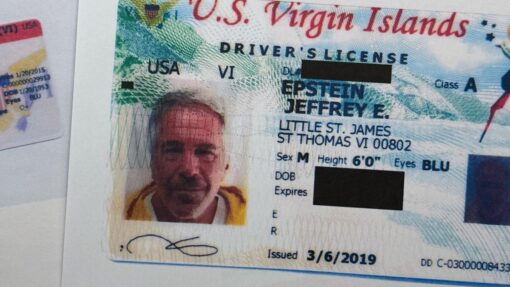Anguished mum tells how robodebt let down her late son
Andrew Brown |
The mother of a robodebt victim who took his own life has given powerful testimony about the devastating impact of the unlawful scheme.
Jennifer Miller, whose son Rhys Cauzzo died by suicide in 2017 after being issued with a debt notice of more than $17,000, appeared before the robodebt royal commission on Monday.
Ms Miller first learnt of the debt letter in mid-2016, telling the commission it exacerbated his existing mental health conditions.
“He didn’t let me know how much pressure he was starting to feel from the debts and we didn’t know anything about robodebt,” she said.
“He was very distraught when he made that phone call to me and he said he was feeling suicidal.”
The robodebt scheme ran from 2015 until 2019, recovering $750 million from 380,000 people using annual tax office data to calculate fortnightly earnings.
It was allowed to operate for several years despite concerns it was unlawful.
Rhys posted on Facebook in May 2016 about his robodebt, saying he didn’t have pay slips from previous years to fight the notice.
Ms Miller expected her son to have a vulnerability indicator on his Centrelink profile, but it was later revealed the alerts had lapsed. Such indicators could have prevented Rhys receiving a debt notice.
Rhys received 12 letters and either five or six phone calls from Centrelink about the debt between May and October in 2016.
Between November 2016 and January 2017, debt collectors sent a further six letters and called 13 times.
After her son’s suicide, Ms Miller said she tried to gain information from the department and ministers.
“Not once did I get a truthful answer,” she said.
The correspondence also included letters to then human services minister Alan Tudge.
Ms Miller said correspondence she received from Mr Tudge following Rhys’s death contained only platitudes.
“There was absolutely no genuine effort of trying to give me any information. As far as I’m concerned they were just false words,” she said.
Ms Miller was left frustrated at attempts to find out information and only learnt of ways the debt was calculated through the royal commission.
“When I first was seeing a lot of this information, it certainly broke my heart because I felt like I had let Rhys down, not knowing a lot more than I think I should have,” she said.
“He was certainly let down by the system.”
The commission also heard from lead plaintiffs in the robodebt class action lawsuit, Katherine Prygodicz and Felicity Button, who detailed their struggles after receiving a debt notice.
Ms Button, who was given a debt notice for more than $11,000, told of her anguish in getting the money back after debt collectors withdrew the amount, leaving her unable to afford medication for her young daughter.
She said the scheme terrorised vulnerable people.
“The system itself was a very convoluted and difficult one to navigate, particularly for a person in my situation with multiple employers, casual work, managing a lot of different external stresses,” she said.
“The way Centrelink managed this program was done unethically and quite heavy handed.”
Commissioner Catherine Holmes has secured a two-month extension of the inquiry.
Since the last hearing block, which began last month, an extra 100,000 documents have been produced.
“The extension reflects the significant work needed to address the terms of reference and the extraordinary volume of material produced in response,” she said.
Lifeline 13 11 14
beyondblue 1300 22 4636
AAP


